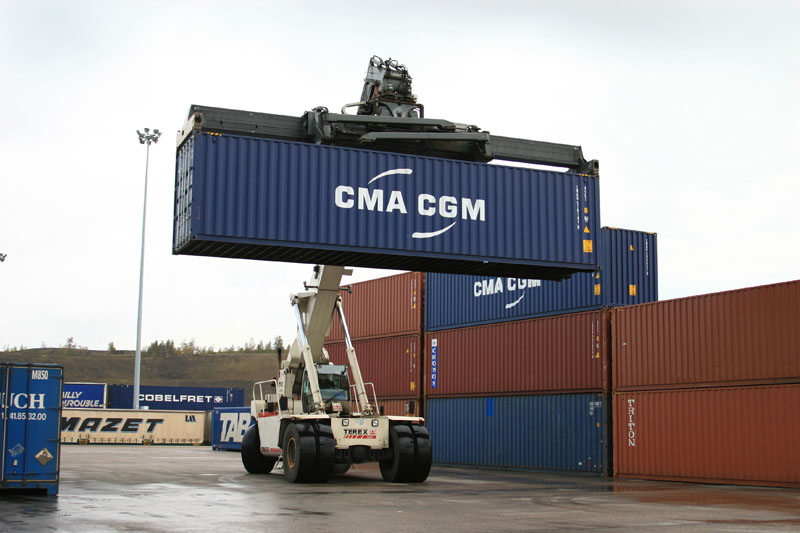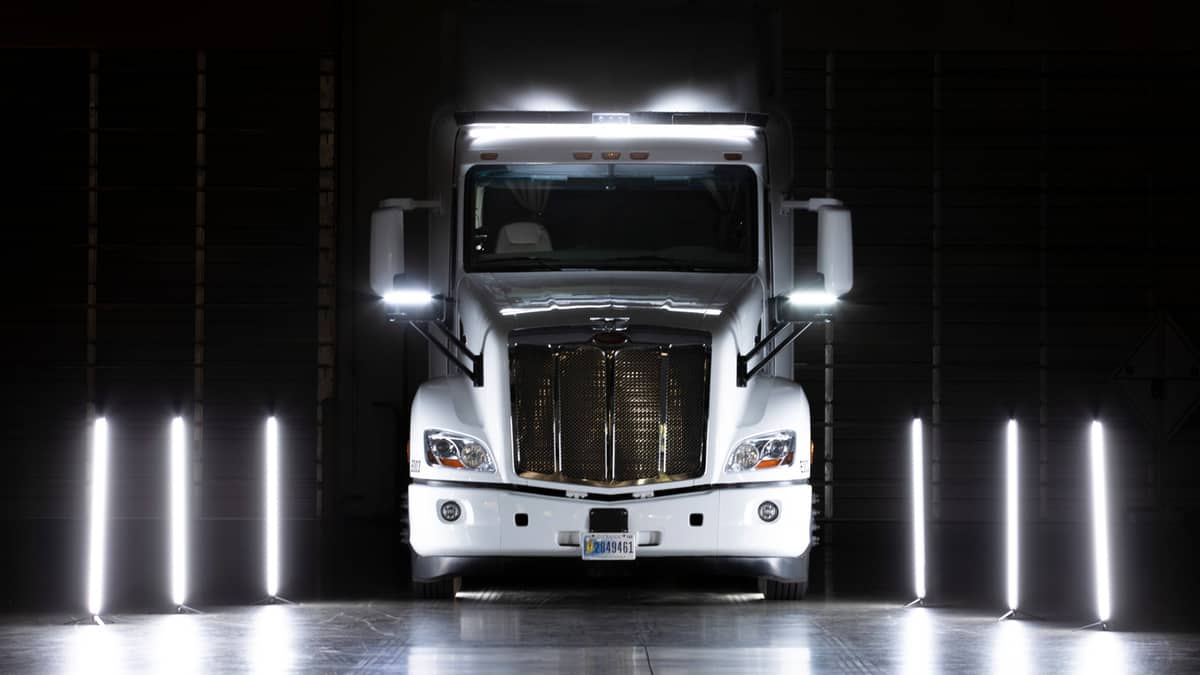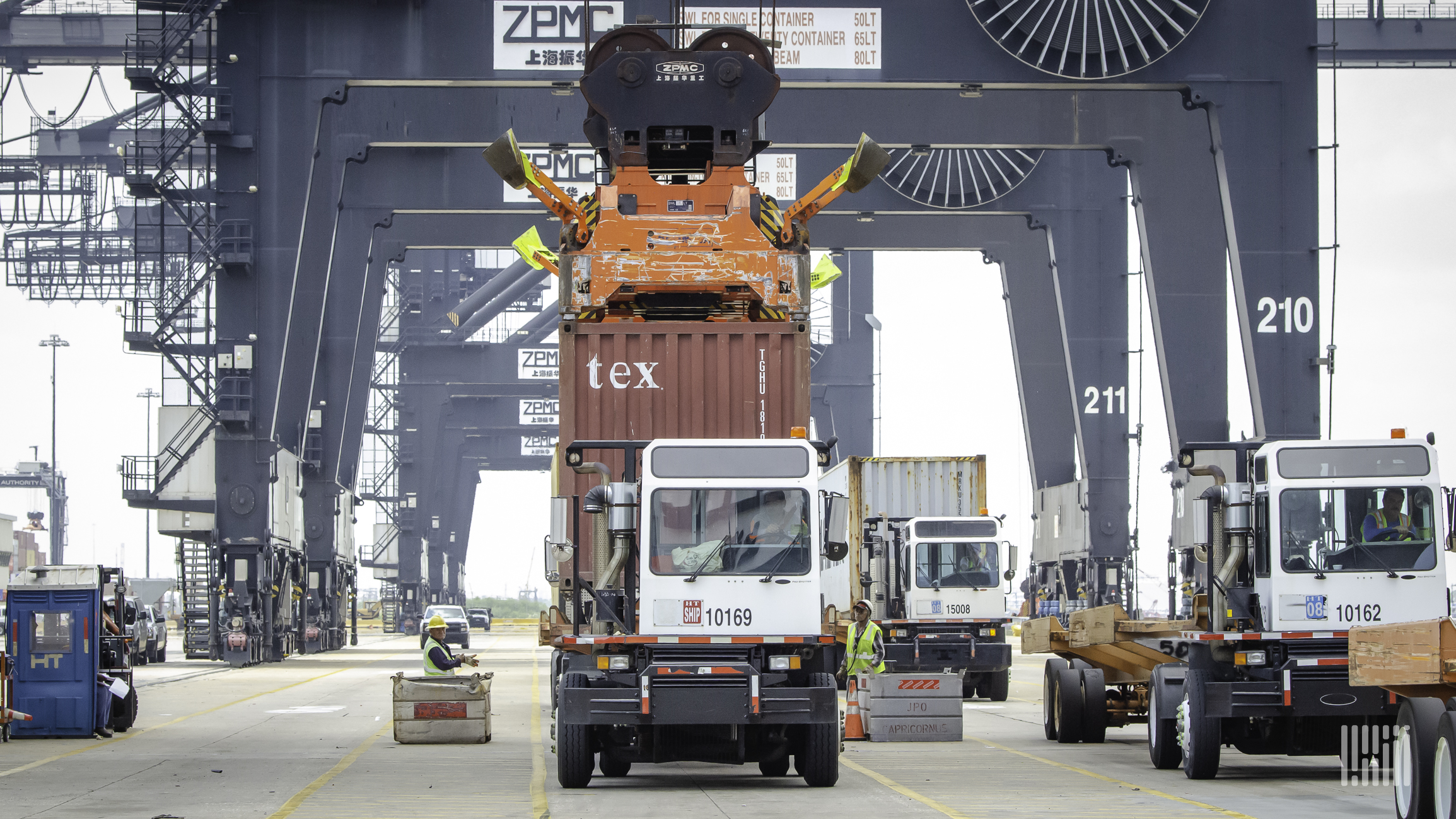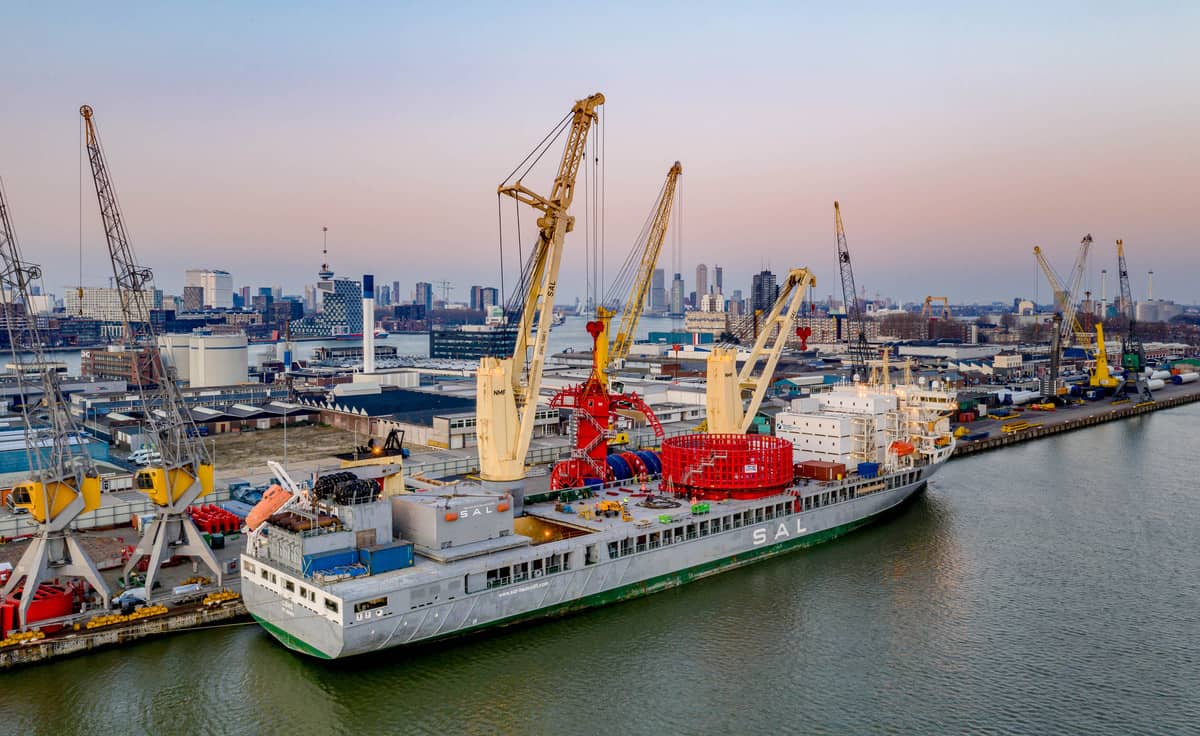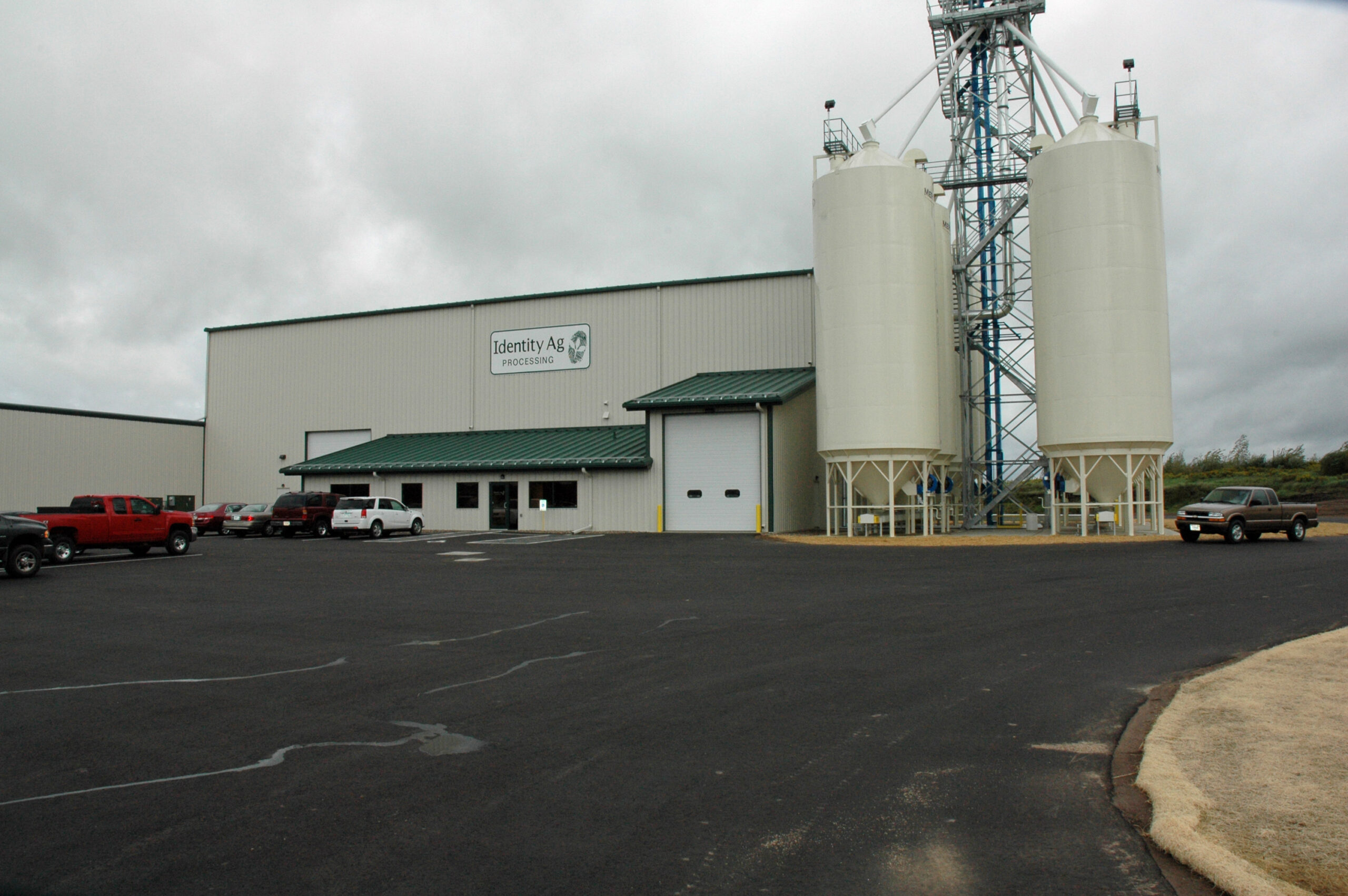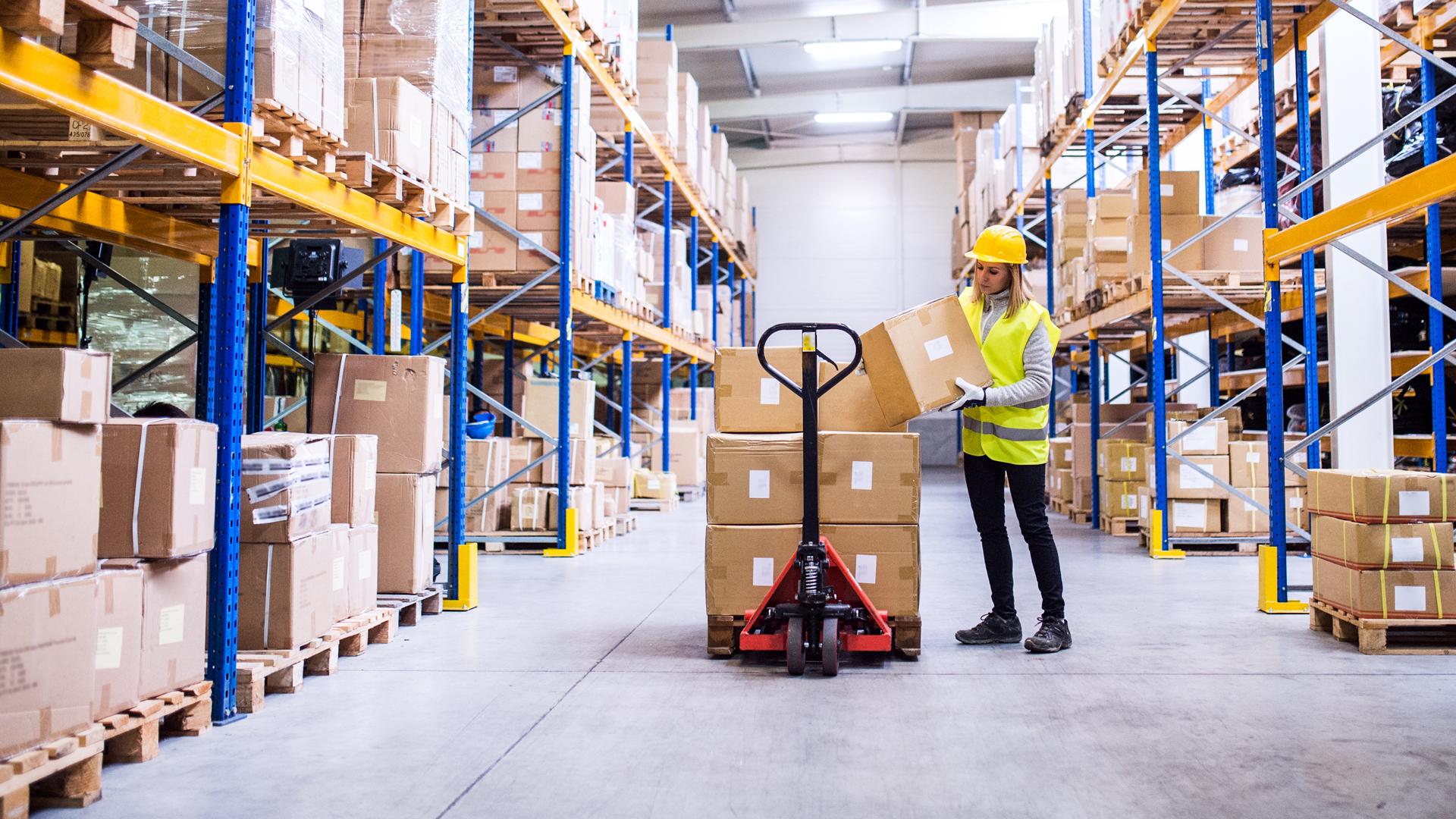
Cold storage warehouse owner and operator Americold Realty Trust (NYSE: COLD) announced on Tuesday that it has entered into an agreement to acquire the world’s fourth-largest temperature-controlled operator, Agro Merchants Group, for $1.74 billion.
The announcement follows several others over the last two years as the Atlanta-based real estate investment trust continues to expand its network through acquisition. Americold added facilities in Florida and Texas in August and was chosen by the East Coast’s largest retail grocery group for a $325 million two-facility project in May. In 2019, Americold acquired Canadian-based Nova Cold Logistics in a $250 million deal and purchased Cloverleaf Cold Storage from a private equity group for $1.24 billion.
In addition to being the globe’s No. 4 cold storage provider, Agro is the third largest in Europe and the fourth largest in the United States.
Founded in 2013, Agro has amassed a portfolio of 46 refrigerated facilities through acquisitions aided by the help of investor Oaktree Capital Management. The company’s warehouses include 236 million cubic feet across 10 countries in Europe, North America, South America and Australia. Agro’s global operations are headquartered in the Netherlands, while its U.S. operations are based out of Alpharetta, Georgia.
“We are very excited to welcome the Agro team to the Americold family as we expand the scale and enhance the geographic reach of the Americold network. The acquisition of Agro represents a unique opportunity to acquire an institutional-quality global portfolio that facilitates our strategic entry into Europe and adds complementary locations in the U.S., South America and Australia, where Americold is already established,” said Americold President and CEO Fred Boehler.
The $1.74 billion deal will consist of $554.3 million in Americold stock, $519 million in cash, the repayment of $560 million of Agro debt and the assumption of $110 million of Agro’s capital leases and sale leaseback agreements. Management from Oaktree and Agro will hold 14.2 million shares of Americold stock. The lockup period for those shares ends May 17, 2021.
In a separate announcement, Americold announced a public offering for 29 million common shares with a 15% overallotment for another 4.35 million shares. The total offering represents roughly 16% of the company’s outstanding shares as of the end of the second quarter. Proceeds from the offering will facilitate the 14.2 million private placement of shares with the sellers.
Americold will use the proceeds from the offering for general business purposes and debt repayment and to fund expansion opportunities and acquisitions if the transaction doesn’t close.
Citigroup Global Markets Inc. (NYSE: C), BofA Securities (NYSE: BAC) and Goldman Sachs & Co. LLC (NYSE: GS) are the joint book runners on the offering.
Americold expects the portfolio to provide a 6.3% net operating income (NOI) yield initially, with NOI yield increasing to a stabilized range of 7.3% to 8.3% five years after closing. The deal implies an adjusted earnings before interest, taxes, depreciation and amortization (EBITDA) multiple of 22.3x and is expected to be modestly accretive to earnings in 2021.
The acquisition is expected to close late this year or early in the first quarter of 2021.
“I am extremely proud of the work we have done to build Agro into a true industry leader in temperature-controlled logistics with a global portfolio,” said Agro CEO Carlos Rodriguez. “We are confident that by joining Americold we will accelerate our growth and by combining our complementary networks, we will be able to provide a more comprehensive range of solutions to customers around the world.”
Americold expects the transaction to allow it to “serve multinational customers on a global scale” by expanding its footprint into Europe, adding port facilities in Europe and the U.S. and building out its existing presence in Australia and South America.
After the close, Americold’s portfolio will consist of 229 owned and managed facilities and 1.35 billion refrigerated cubic feet.
“We have always admired Americold as leaders in the cold storage sector and we believe that the combination of Agro’s portfolio with Americold’s operating system and global platform creates an extremely compelling growth story,” Oaktree managing director Zach Serebrenik said. “For this reason, we will retain a meaningful equity position and look forward to participating in what we expect to be significant shareholder value creation over the long term.”
Citigroup is Americold’s exclusive financial adviser on the transaction with Moelis & Company LLC acting in the same capacity for Agro.
Shares of COLD are down 2% in early trading.
FreightWaves Cold Chain Summit will be held on Oct. 23.
Click for more FreightWaves articles by Todd Maiden.


